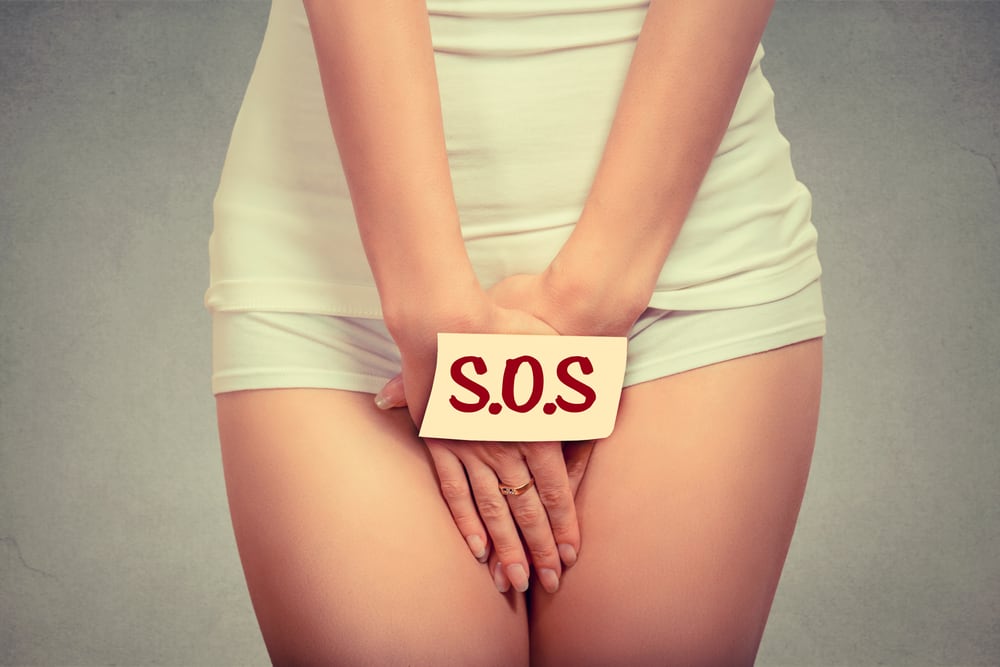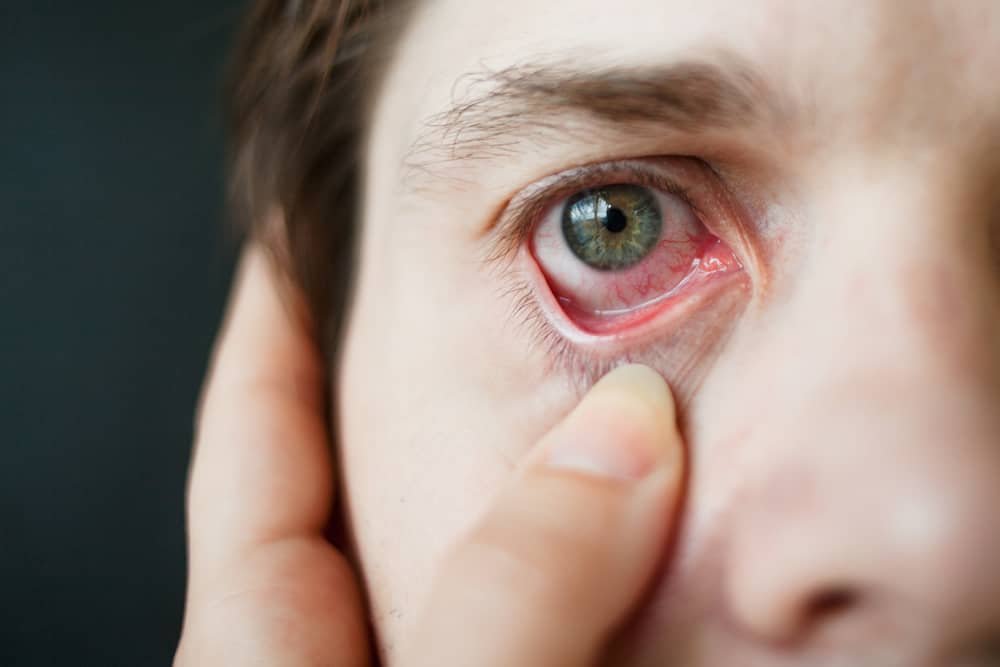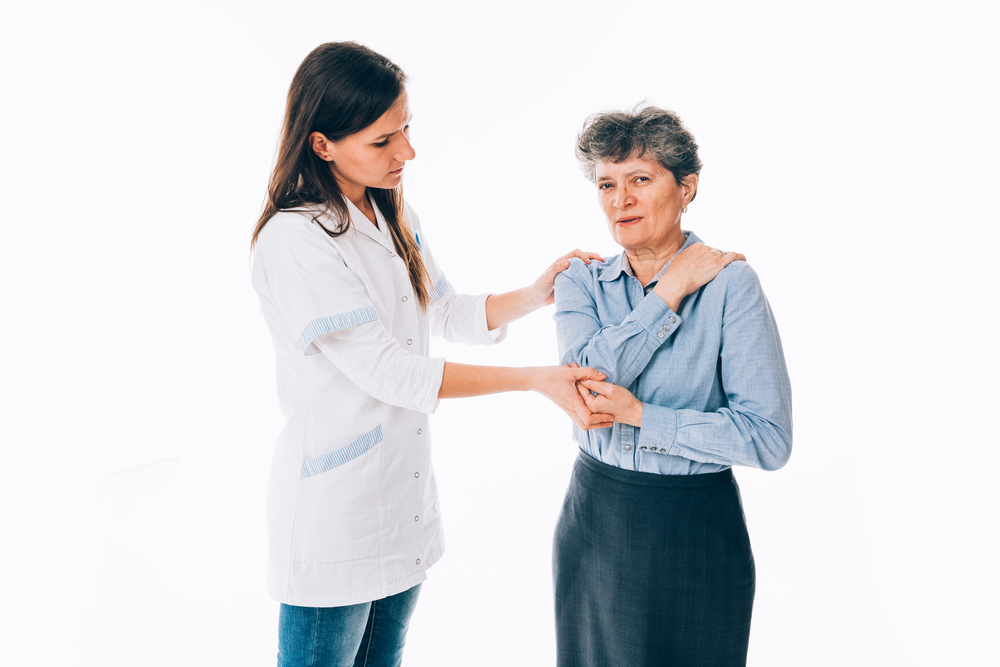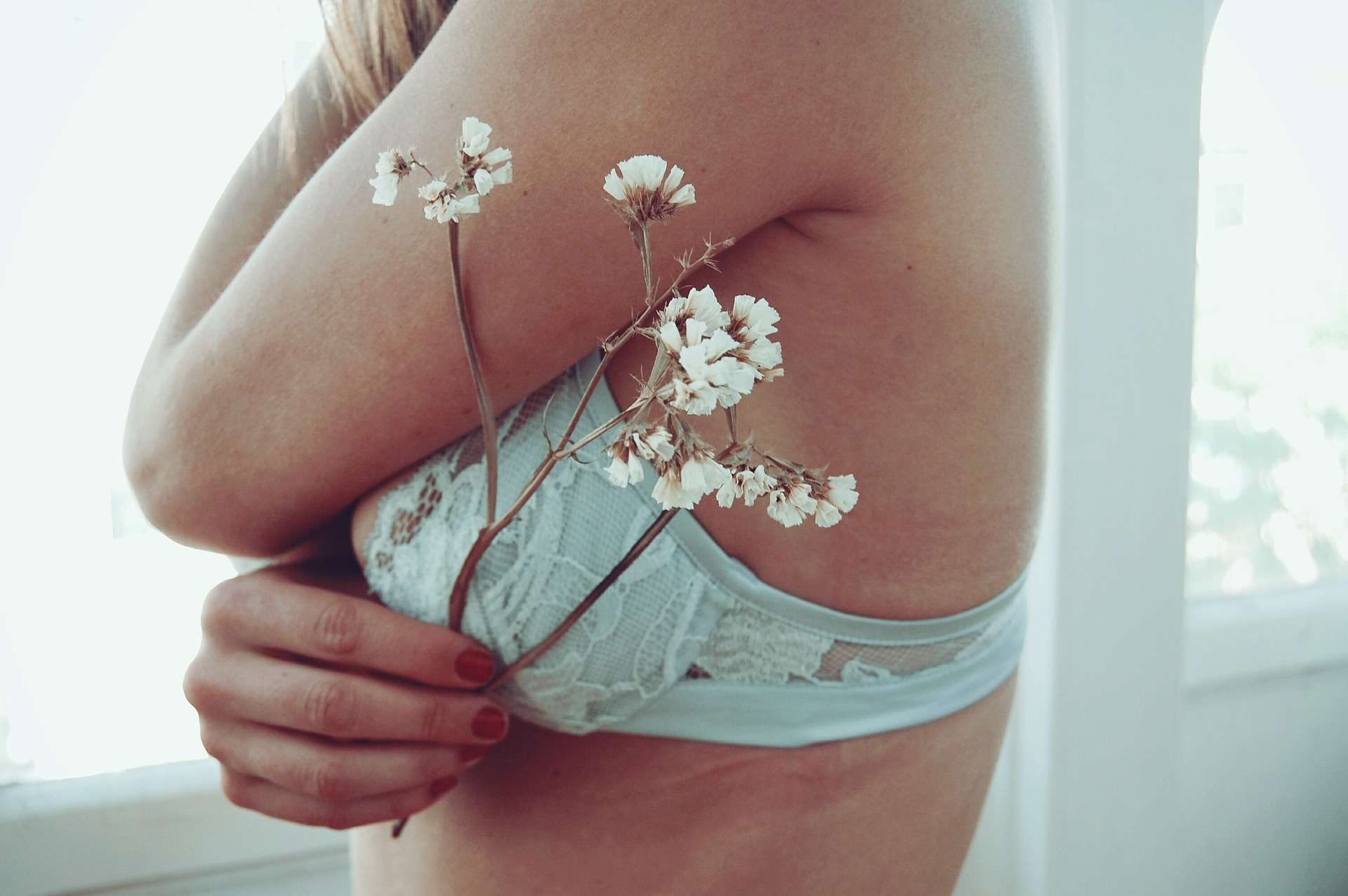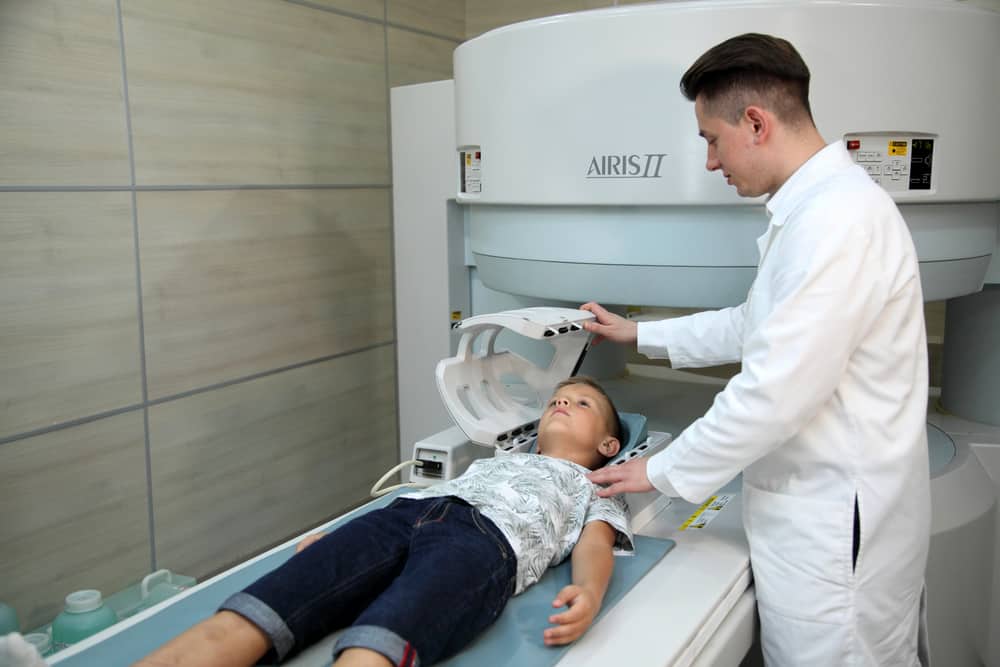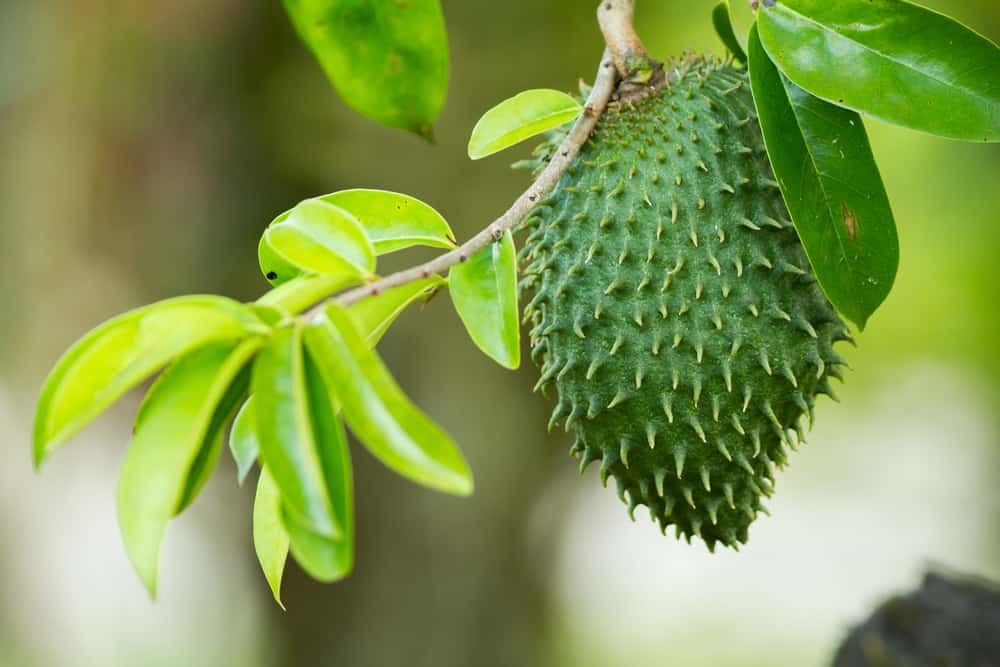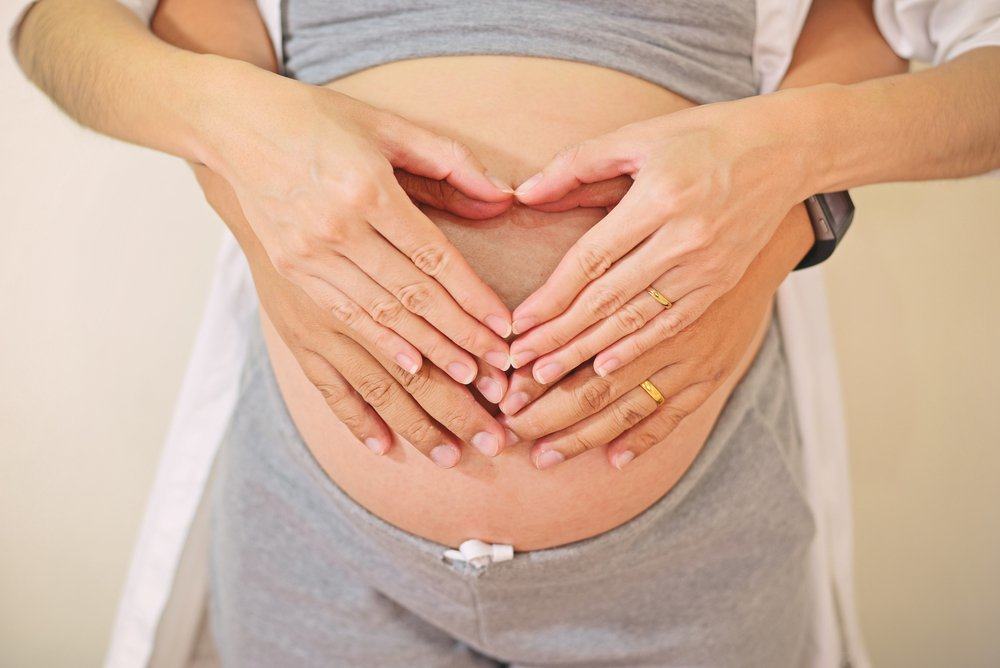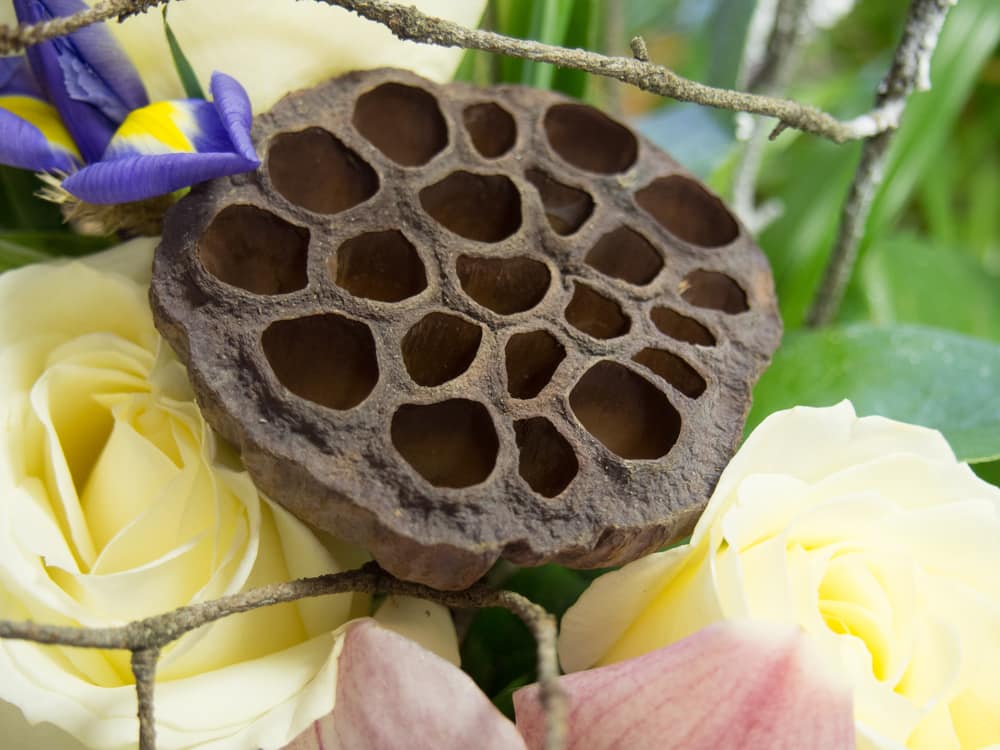Contents:
Medical Video: Top 5 Common Causes Of An Itchy Vagina
It's not easy to scratch itchy down there, which makes it so annoying if itching attacks in a crowd - especially when it comes without any prior warning. Itchy vagina can be caused by something trivial, such as your feminine products, and should not be feared excessive. But in certain cases, vaginal itching can be a sign of a more serious problem - infection, for example.
This guide will help you know exactly what makes you so miserable, along with what are the treatment options. However, it is always better to keep consulting with your health care provider for proper diagnosis and treatment.
What are the causes of vaginal itching?
1. 'Accident' when shaving
When it's finished shaving, the skin does feel smooth and clean for some time. However, when the pubic hair finally grows back, you will feel itchy. Alternatively, just trim the ends of the hair or get a bikini wax.
2. Bacterial vaginosis
Bacterial vaginosis (BV) is the most common reason for an itchy vagina. BV is caused by an imbalance of good and bad bacteria, also changes in pH in the vagina.
Bacterial vaginosis can cause the vagina to itch. However, the signs and symptoms of BV are similar to vaginal yeast infections. If you contact a doctor and only explain complaints about vaginal itching, he will tend to refer to your condition for fungal infections, trichomoniasis, or superficial irritation.
What distinguishes the two, vaginal discharge due to BV has a more fluid, grayish or yellow milky texture, and has a pungent fishy odor. So, make sure you take note of all the signs and symptoms you feel as detailed as possible, including the characteristics of your vaginal discharge, which can help a lot in determining your problem.
To treat BV, doctors usually prescribe antibiotics in the form of pills, creams, or capsules (called ovules) that you put into your vagina. If you are pregnant, you will be prescribed pill antibiotics. BV will usually subside within 2-3 days after antibiotic use, but the duration of treatment lasts for 7 days. Do not stop using the drug before the prescription period runs out, even if you feel better. Be sure to obey the rules of use and the time period for using the dose
2. Fungal infections
About 3 out of 4 women experience vaginal yeast infections (vaginal candidiasis) in their lives. Like BV, fungal infections are the result of an imbalance of bacterial colonies and vaginal pH. Fungal infections occur during vaginal yeast, candida, developing rapidly beyond the normal limits of the vagina and vulva. Pregnancy, sex, antibiotics, and a weakened immune system can make women more prone to fungal infections.
In addition to vaginal itching and irritation, fungal infections will make the vagina produce whitish liquid with thick, textured texture and milky white color.
Fungal infections can be treated with non-prescription drugs found in pharmacies, but experts advise you to discuss with your doctor about the signs and symptoms you are suffering from instead of rushing to buy over-the-counter medicines at a pharmacy. To avoid recurrent infections, doctors recommend using probiotics containing high concentrations of acidophillus bacteria, which will help suppress fungal growth.
If you are reckless in self-medication and it turns out your complaint is not the result of a fungal infection, you will only put yourself in a bigger problem.
3. Contact dermatitis
Contact dermatitis is a type of skin irritation caused by allergies to certain products. You can get contact dermatitis from anywhere, including condoms and lubricants, shampoo, softener, laundry toilet paper, bath soap, or laundry detergent.
In addition to vaginal itching, you may also notice the redness, swelling and thickening of the skin in the affected area and surroundings.
If you know that you are prone to vaginal irritation, use hypoallergenic body care products. Also, avoid shaving if your skin is sensitive - and never do vaginal douche. The vagina is one of the organs of the body that has an automatic self-cleaning program, so you don't have to bother buying a woman's soap with a fragrance.
We often talk about personal hygiene. This includes not using any feminine products that are scented, including sprinkling powder in the vagina. All of these bad habits can trigger problems, which when you scratch it, it will even feel more itchy, leading to infection. In addition, treatment like this can cause changes in pH from the vagina which makes you more susceptible to BV.
4. Eczema or psoriasis
Both of these genetic skin disorders can cause vaginal itching followed by striped redness.
If you are diagnosed with one of these medical conditions, vaginal itching and redness can be managed using mild steroids, such as hydrocortisone, and soaking in oatmeal porridge to relieve the discomfort caused by these two conditions.
If you don't feel better after one week, ask your doctor about further treatment options,
5. Venereal disease
The practice of unprotected sex can cause sexually transmitted diseases, and many of these diseases make the vagina itchy, including chlamydia, genital herpes, trichomoniasis, and gonorrhea. Pubic lice can also appear in women who maintain pubic hair.
The itching sensation in the vagina can develop into pain and burning. If you experience vaginal itching followed by other classic symptoms of venereal disease, such as pain during urination, foul smelling vaginal discharge, and pain during sex, immediately contact your doctor for a series of tests and laboratory tests to diagnose venereal disease. If proven positive, the doctor will prescribe antibiotics, either in the form of oral or injection, or antiviral drugs for herpes cases.
6. Menopause
Whenever your body's hormone levels fluctuate - such as during menstruation, pregnancy, using birth control pills, or menopause - chances are that you will experience vaginal itching.
Decreased estrogen levels at menopause can cause the vaginal wall to dry out and thin out. Thinning of the vaginal wall is also a problem commonly found in nursing mothers.
During menstruation, the feminine products you use, such as sanitary napkins or panty liners, often contain fragrances or dyes that can aggravate your uncomfortable sensations.
In cases of vaginal itching due to hormonal changes, doctors will usually prescribe topical hormone creams that you can apply directly to the problem area. However, you can also ask to switch to the pill version if the itch doesn't disappear.
7. Lichen sclerosus
Lichen sclerosus is a rare and serious condition that causes white patches on the skin, especially around the vulva. This condition is most likely found in postmenopausal women.
These white patches can come suddenly, but experts argue that hormones or overactive immune systems have a role behind this condition. White spots due to lichen sclerosus can become permanent wounds around the vagina.
Lichen sclerosis needs to be diagnosed by an obstetrician and can be treated with prescription drugs.
The itchy vagina will often improve on its own. However, if the complaint continues, gets worse, or recurs after the first treatment, consult a doctor. The doctor can do a pelvic exam, also maybe take a sample of your vaginal fluid to find out the source of the problem.

